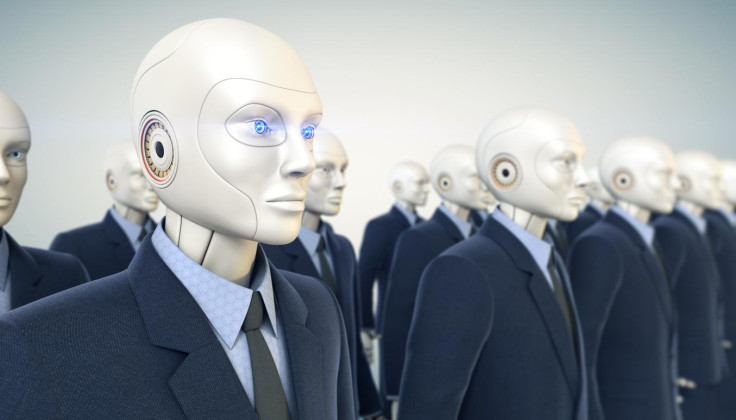Researchers develop neural network algorithm that beats human professionals at lip reading
The algorithm has been developed by researchers at Oxford University and Google.

As technology advances, making AI (artificial intelligence) and cybercrime tools such as malware commonplace, the future landscape of attacks is likely to involve a highly advanced merger of the two. Joon Son Chung of Oxford University, Andrew Senior, Oriol Vinyals and Andrew Zisserman of Google developed an AI-powered lip reading algorithm that is capable of deciphering nearly double the amount of words as a professional human lip reader.
Google and Oxford University researchers, in their paper titled Lip Reading Sentences in the Wild, detailed how they created a lip reading neural network that actually outperformed a human professional. The researchers used Google's DeepMind neural network, training it to lip read by using thousands of hours of BBC TV videos, which showed the AI a wide variety of people speaking in different ways.
Although research involving AI-powered lip reading is not new, some experts fear that this technology could also lead to a new highly advanced wave of spying attacks.
"An obvious unlawful use of this technology is espionage since it makes it possible to "listen in" on a conversation from a distance," Arctic Wolf CEO and co-founder Brian NeSmith told SC Magazine. "A nightmare scenario is a criminal stealing login and password information by listening in on a conversation from outside of a building through a window."
This kind of technology could potentially pose a threat to both digital as well as physical security and may lead to businesses requiring escalated security, especially when handing sensitive information.
"Personnel will also need to be sure that they are not discussing sensitive information in public places," NeSmith said. "This new technology makes it even more true that you just never know who is listening (or watching)."
© Copyright IBTimes 2025. All rights reserved.






















